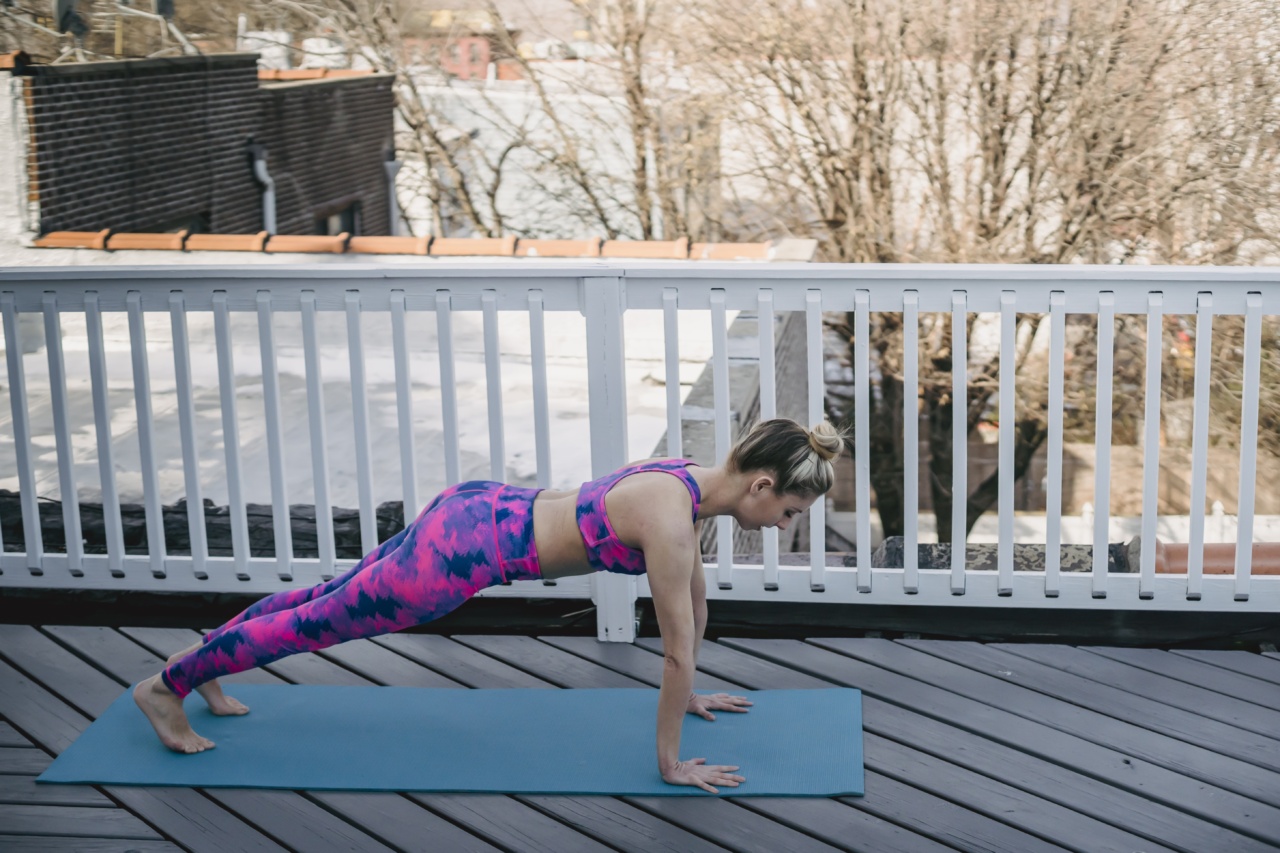Pilates is a popular exercise method known for its ability to improve flexibility, strength, and overall fitness.
While it may not be the first choice when it comes to cardiovascular exercises, Pilates can still provide significant benefits for heart health. Regular Pilates practice, especially when combined with the use of the Reformer and Mat, can help improve cardiovascular endurance and support a healthy heart.
Understanding the Pilates Reformer and Mat
The Pilates Reformer and Mat are two popular pieces of equipment used in Pilates training. The Reformer is a versatile machine that consists of a sliding carriage, adjustable footbar, pulleys, and springs.
It allows for a wide range of exercises that target various muscle groups, including the core, arms, and legs. On the other hand, the Mat is a simple exercise mat that requires bodyweight resistance and focuses primarily on core strength and stability.
Enhancing Cardiovascular Endurance with the Reformer
The Reformer can be used to perform exercises that elevate the heart rate and improve cardiovascular endurance.
By incorporating dynamic movements and resistance, such as lunges, squats, and jumps, the Reformer challenges the heart and lungs, leading to improved aerobic capacity. Regular Reformer workouts can help increase stamina, enhance circulation, and strengthen the cardiovascular system.
Building Core Strength on the Mat
The Mat exercises in Pilates primarily focus on building core strength, which plays a crucial role in maintaining overall fitness and supporting a healthy heart.
A strong core helps stabilize the spine, improves posture, and enables better movement patterns. The Mat exercises, such as the Pilates Hundred, Roll-Up, and Plank, engage the core muscles and help develop deep abdominal strength.
Pilates for Cardiovascular Health
While Pilates is not a high-impact cardio workout like running or cycling, it can still contribute to overall cardiovascular health.
Regular Pilates practice on the Reformer and Mat can help improve heart function, lower resting heart rate, and reduce the risk of heart disease. By incorporating dynamic movements, varying intensity, and utilizing resistance, Pilates provides a holistic approach to heart health.
The Role of Pilates in Heart Disease Prevention
Heart disease is a leading cause of mortality worldwide, and engaging in regular exercise is a crucial step in its prevention.
Pilates training offers a low-impact exercise option that can be beneficial for individuals at risk of or recovering from heart disease. The controlled movements, focus on breathing, and emphasis on core strength make Pilates a safe and effective exercise method for those seeking cardiovascular health improvements.
Additional Benefits of Pilates Training
Aside from its heart health benefits, Pilates training on the Reformer and Mat offers various advantages for overall fitness and well-being. Some of these include:.
Improved Flexibility and Range of Motion
Pilates exercises emphasize elongating and stretching muscles, which helps improve flexibility and range of motion. The Reformer and Mat exercises target multiple muscle groups, promoting overall body flexibility.
Enhanced Posture and Body Alignment
Poor posture can lead to muscular imbalances and pain. Pilates focuses on achieving proper alignment through exercises that engage the core and promote spinal stability.
Regular Pilates practice can help correct postural imbalances and improve overall body alignment.
Injury Prevention and Rehabilitation
The controlled movements and emphasis on proper form in Pilates reduce the risk of injuries.
Moreover, Pilates is often recommended for rehabilitation purposes as it can aid in strengthening weak muscles, improving joint stability, and promoting a balanced musculoskeletal system.
Stress Reduction and Mind-Body Connection
Pilates incorporates mindful movement and emphasizes the mind-body connection. The concentration required during Pilates sessions can help reduce stress, promote relaxation, and enhance overall well-being.
Incorporating Pilates into Your Fitness Routine
If you’re interested in reaping the benefits of Pilates for heart health and core strength, consider incorporating both Reformer and Mat training into your fitness routine.
Many fitness studios and gyms offer Pilates classes that cater to various skill levels, from beginners to advanced practitioners.
Remember to start with an appropriate level of difficulty, gradually increasing intensity as your strength and fitness levels improve. Consult with a qualified Pilates instructor to ensure proper form and technique.
The Bottom Line
Pilates training on the Reformer and Mat can provide significant benefits for heart health and core strength.
By incorporating Pilates into your fitness routine, you can improve cardiovascular endurance, strengthen your core muscles, and achieve overall fitness and well-being. Give Pilates a try and experience the transformative effects it can have on your body and mind.



























